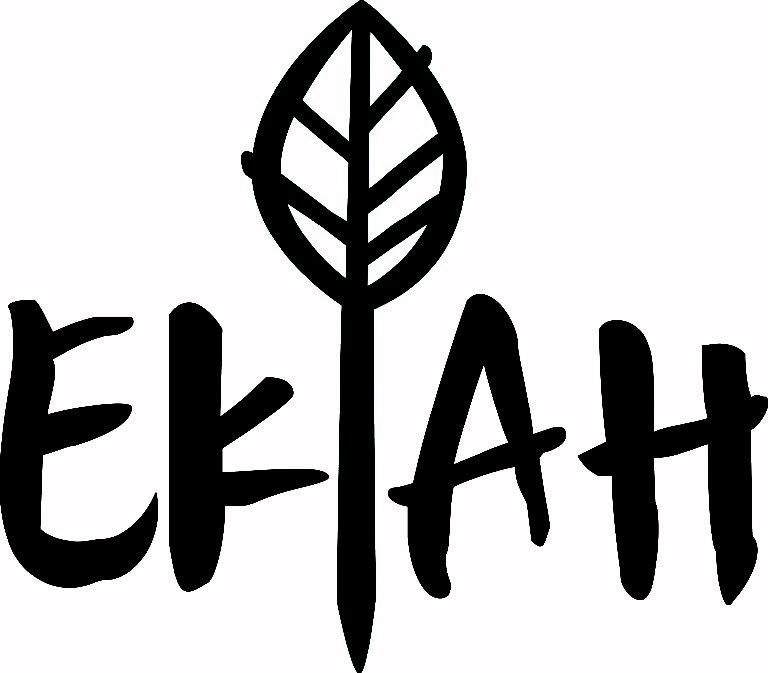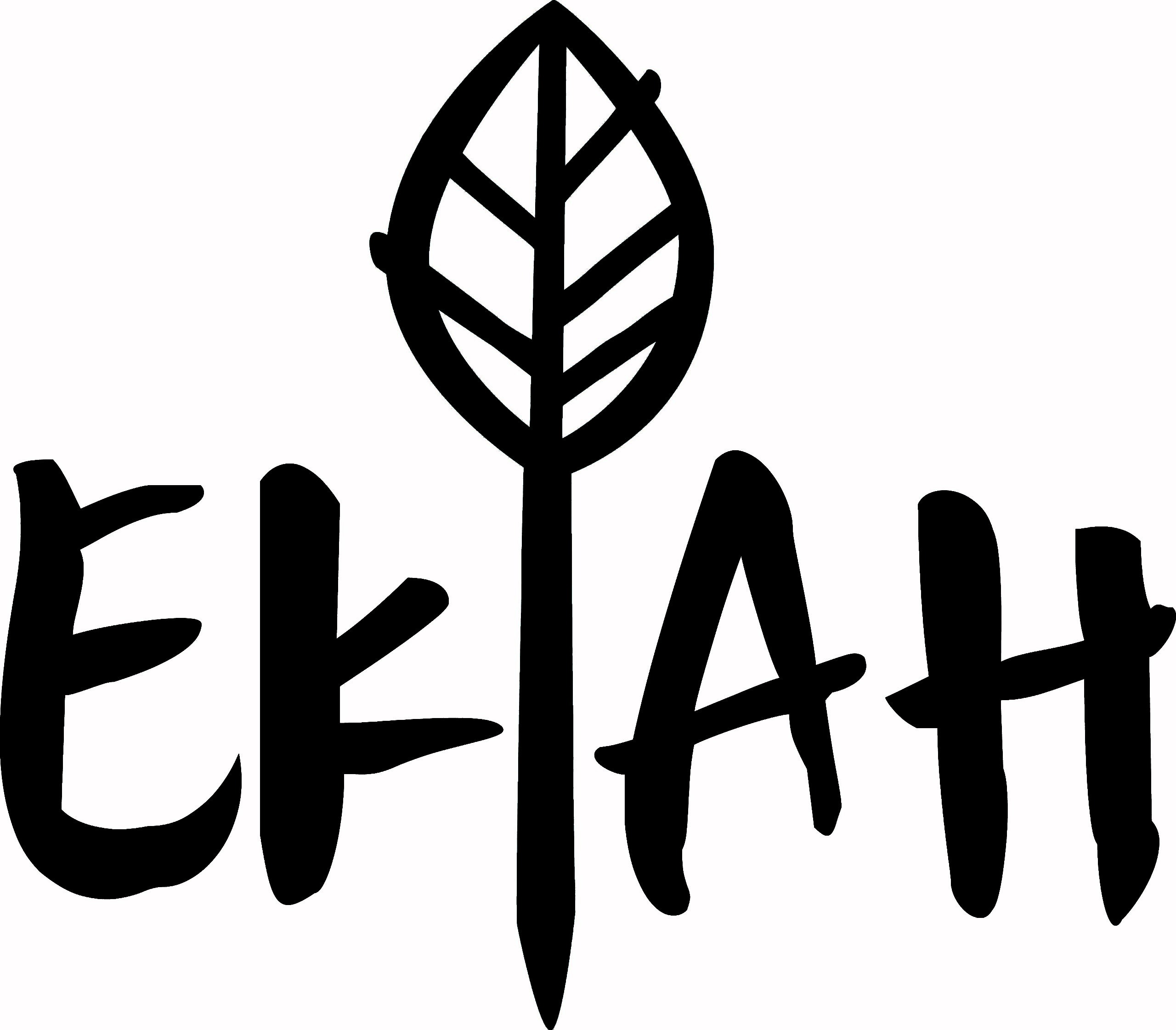Acupuncture, developed in China over 2500 years ago, is the insertion of fine, sterile needles into anatomically defined points on the body that stimulate the body’s own healing mechanisms. Acu-points correspond to areas on the body that have been shown to have greater electrical conductance due to the presence of a higher density of gap junctions along cell borders1.
Current theories on the mechanism of acupuncture:
- Neurotransmitter Theory: Acupuncture affects higher brain areas, stimulating the secretion of beta-endorphins and enkephalins in the brain and spinal cord. The release of neurotransmitters influences the immune system and the antinociceptive system,2,3,4
- Autonomic Nervous System Theory: Acupuncture stimulates the release of norepinephrine, acetylcholine and several types of opioids, affecting changes in their turnover rate, normalizing the autonomic nervous system, and reducing pain.5,6
- Vascular-interstitial Theory: Acupuncture effects the electrical system of the body by creating or enhancing closed-circuit transport in tissues. This facilitates healing by allowing the transfer of material and electrical energy between normal and injured tissues.4
- Blood Chemistry Theory: Acupuncture affects the blood concentrations of triglycerides, cholesterol, and phospholipids, suggesting that acupuncture can both raise and diminish peripheral blood components, thereby regulating the body toward homeostasis.4
- Gate Control Theory: Acupuncture activates non-nociceptive receptors that inhibit the transmission of nociceptive signals in the dorsal horn, “gating out” painful stimuli.7
Your Initial Consultation Is FREE. Come meet us in person and learn more.
Or, just call 201-338-0552 and we will be happy to answer your questions!
- Cornell Chronicle, “Acupuncture Has Numerous Potential Fertility-Boosting Benefits According to New York Weill Cornell Physical-Scientists”, Robinson, K., 2003.
- Neuro-acupuncture, “Scientific evidence of acupuncture revealed”, Cho, ZH., et al., 2001.
- Acupuncture – A scientific appraisal, Ernst, E., White, A., 1999, p. 74.
- Acupuncture Energetics, “A Clinical Approach for Physicians”, Helms, Dr. J., 1997, pgs 41-42, 66.
- Anatomy of Neuro-Anatomical Acupuncture, Volume 1, Wong, Dr. J., 1999, p. 34.
- National Institute of Health Consensus Conference on Acupuncture, “Acupuncture Activates Endogenous Systems of Analgesia.”, Han, J.S., 1997 (Bethesda, MD).
- Neuro-acupuncture, “Scientific Evidence of Acupuncture Revealed”, Cho, ZH., et al., p.116.




